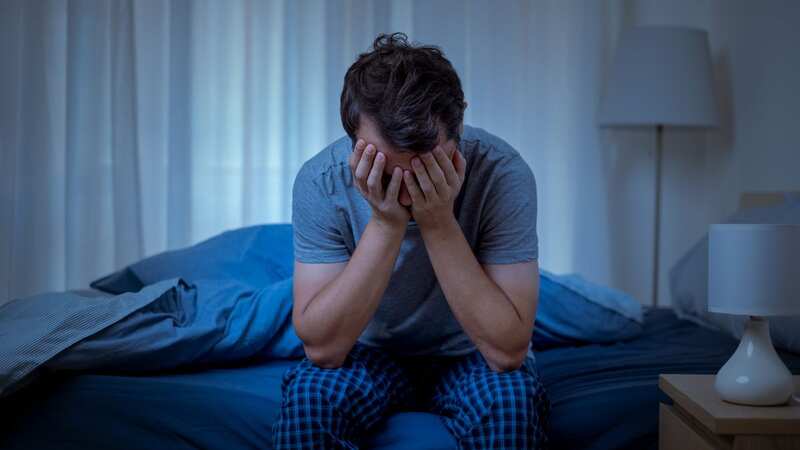Popular drink 'ruins sleep quality' even if you drift off quicker, expert says

Avoiding caffeine is one of the oldest tricks in the book when it comes to getting to sleep - but it turns out there's another tasty beverage we should stay away from.
Almost one in five people in the UK aren't getting enough sleep in the UK, and in 2022 a whopping 74% of adults reported a decline in sleep quality, according to Medscape. As it's World Sleep Day (March 15), it's important to check in with ourselves to see if there are things we can do to improve our sleep quality.
Some sleep tips are super obvious - like staying away from digital devices and reading before bed. Meanwhile, some experts claim eating kiwis before bed or having the window open can help you fall asleep faster.
And there are no doubt some other less apparent things you might not have considered. You might feel super drowsy after having a pint of beer or glass of wine, but it turns out alcohol could be ruining your night's sleep too.
Sleep experts at Bed Kingdom have revealed potential causes of insomnia, and one of them is related to the habits of drinking alcohol and nicotine consumption. The sleep experts explained: "While alcohol can often make you fall asleep faster, drinking it close to bedtime can cause fragmented sleep and can be the cause of frequent waking throughout the night.
 'My neighbour's screaming baby keeps me up all night - I'm sick of it'
'My neighbour's screaming baby keeps me up all night - I'm sick of it'
"Studies have found that drinking alcohol within four hours of bedtime can negatively affect sleep continuity and duration, leading to longer 'wake after sleep onset' (WASO), where you wake up during the night and struggle to get back to sleep.
"If you are having trouble staying asleep after an evening drink, try to have your last drink around four hours before you go to bed to ensure that your body has had ample time to digest and metabolise the alcohol before you try to fall asleep."
Studies have also shown that consuming nicotine before bedtime was related to insomnia, because it impacts the body's ability to fall and stay asleep. The experts explained: "Caffeine works by blocking the effects of adenosine, a neurotransmitter that naturally builds up in the body during the day and creates pressure to sleep."
While you may already know consuming caffeine could hinder your ability to sleep, you might not know how long it stays in your system. According to a study which was published in the National Library of Medicine, caffeine was found to have a half-life of five hours in healthy individuals – meaning it can take around five hours for half of the caffeine to leave your body.
The experts said: "While it may sound extreme, if you are having trouble drifting off in the evening, consider cutting off caffeine eight to 12 hours before your bedtime. If you typically go to bed at 11pm, this could mean having your last caffeinated drink at around 1pm in the afternoon and opting for decaffeinated options for the remainder of the day."
If insomnia impacts your daily life and has been a problem for longer than a month, and isn't related to a factor such as alcohol and nicotine consumption, the experts recommend you make an appointment to see your GP.
Read more similar news:
Comments:
comments powered by Disqus

































